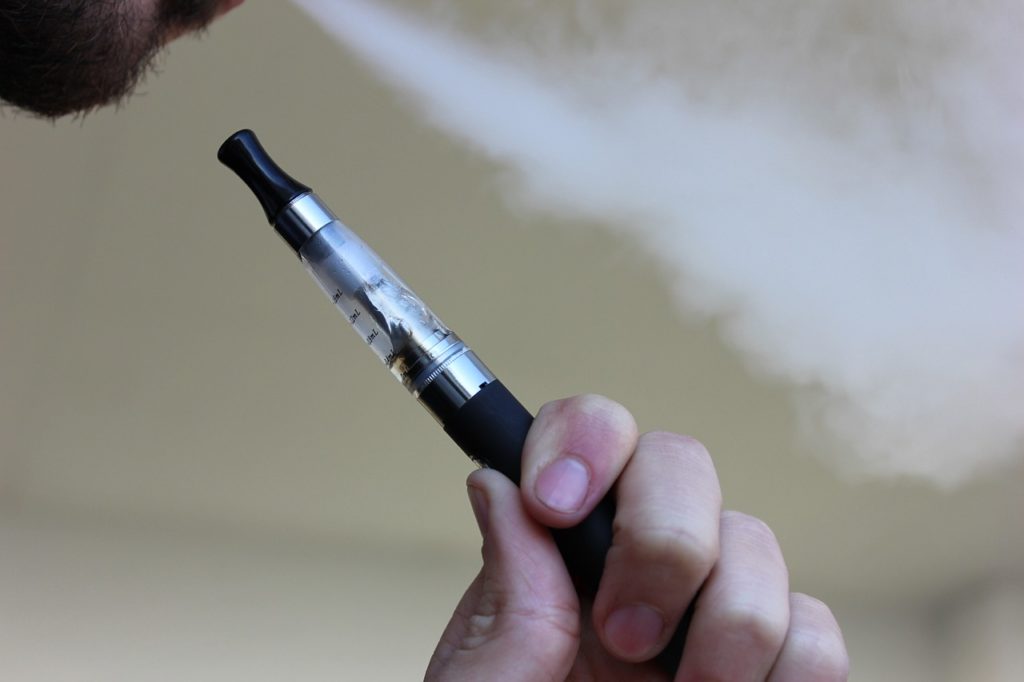Good Health Starts with Good Decisions
Some things in life are under our control and others are not. Patients with PAH or any other lung disease already have impaired lung function. Avoiding further lung damage is crucial to your health. You and your doctor are probably working at improving your PAH through medications that cost a fortune. What else can you do to help yourself?
Don’t Smoke!
Smoking is incredibly bad for all aspects of your health. Inhaling toxins damages the airways of your lungs as well as the lung tissue and blood vessels of your lungs. In addition, the poisons that are inhaled also promote blood vessel damage throughout your body such as the blood supply to your heart, legs and all vital organs. If you are trying to get cancer, perhaps the most effective way is to smoke. Not just lung cancer but breast cancer and most any cancer you can think of are dramatically increased amongst people that smoke.
Trying to avoid a heart attack? Smoking is a powerful risk factor for having a heart attack. Stop smoking and your chance of having a heart attack drops.
Medications are expensive. Cigarettes are too! Why spend your precious money on a poison? Think about how much extra money you will have in your pocket if you give up smoking?
There is no safe amount to smoke. Even one cigarette per day puts you at increased risk for all the diseases mentioned above. Light cigarettes are just as bad as regular ones. Filtered or unfiltered makes little difference.
Don’t Vape!
Vaping is one of the great scams of our times. Finally public opinion has slowly shifted acknowledging that cigarettes are really bad for your health. So, the tobacco industry came up with a new gimmick to deliver nicotine and other poisons into your lungs. Often marketed as a safer way to “enjoy nicotine”. Don’t be fooled. You are still poisoning your lungs and the rest of your body. Recent studies have shown that vaping is not an effective way to stop smoking either. Furthermore, vaping has become a doorway through which many young people become addicted to nicotine. Most people that vape also eventually smoke.
Protect your lungs and the rest of your body and don’t vape or smoke. Stopping smoking and vaping takes a commitment and focus. Nicotine is addictive and you can expect to feel grouchy, irritable, and have cravings when you quit. Here are some tips to increase the likelihood of success.
- Choose a stop date
- Enlist the support of your friends and family
- Don’t do activities that are associated with smoking (often drinking)
- Find an alternative activity to occupy your hand (stress ball, beads, a straw…)
- Have a plan as to how to deal with stress. Many people relapse when they are confronted with a stressful situation. Exercise, prayer, meditation are all great alternatives to smoking.
- Put the money you save on display to reward yourself for your success.
- Nicotine replacement products can be helpful.
- Talk to your doctor as there are several prescription medications such as Bupropion (Zyban) and Varenicline (Chantix) that can be helpful.

